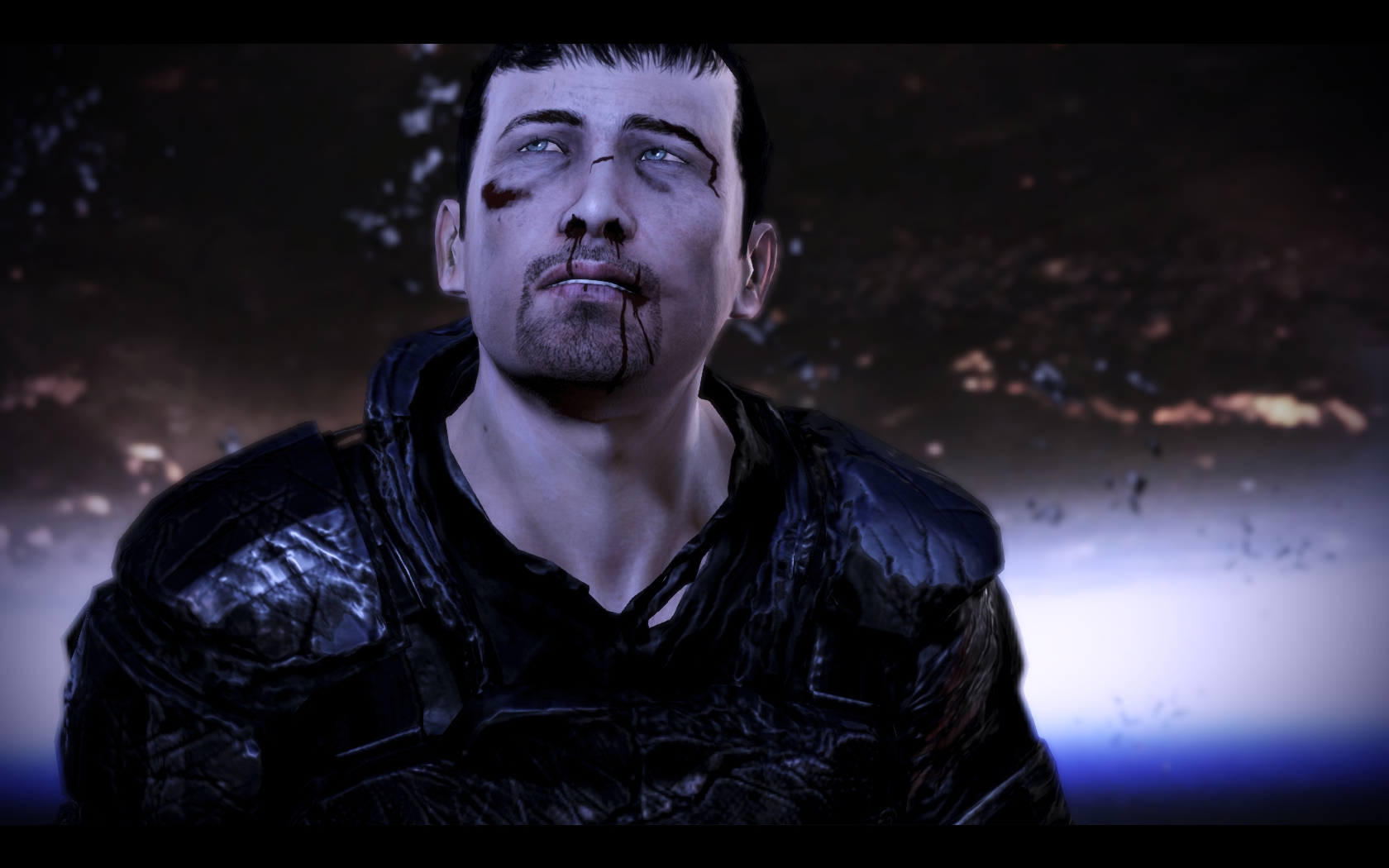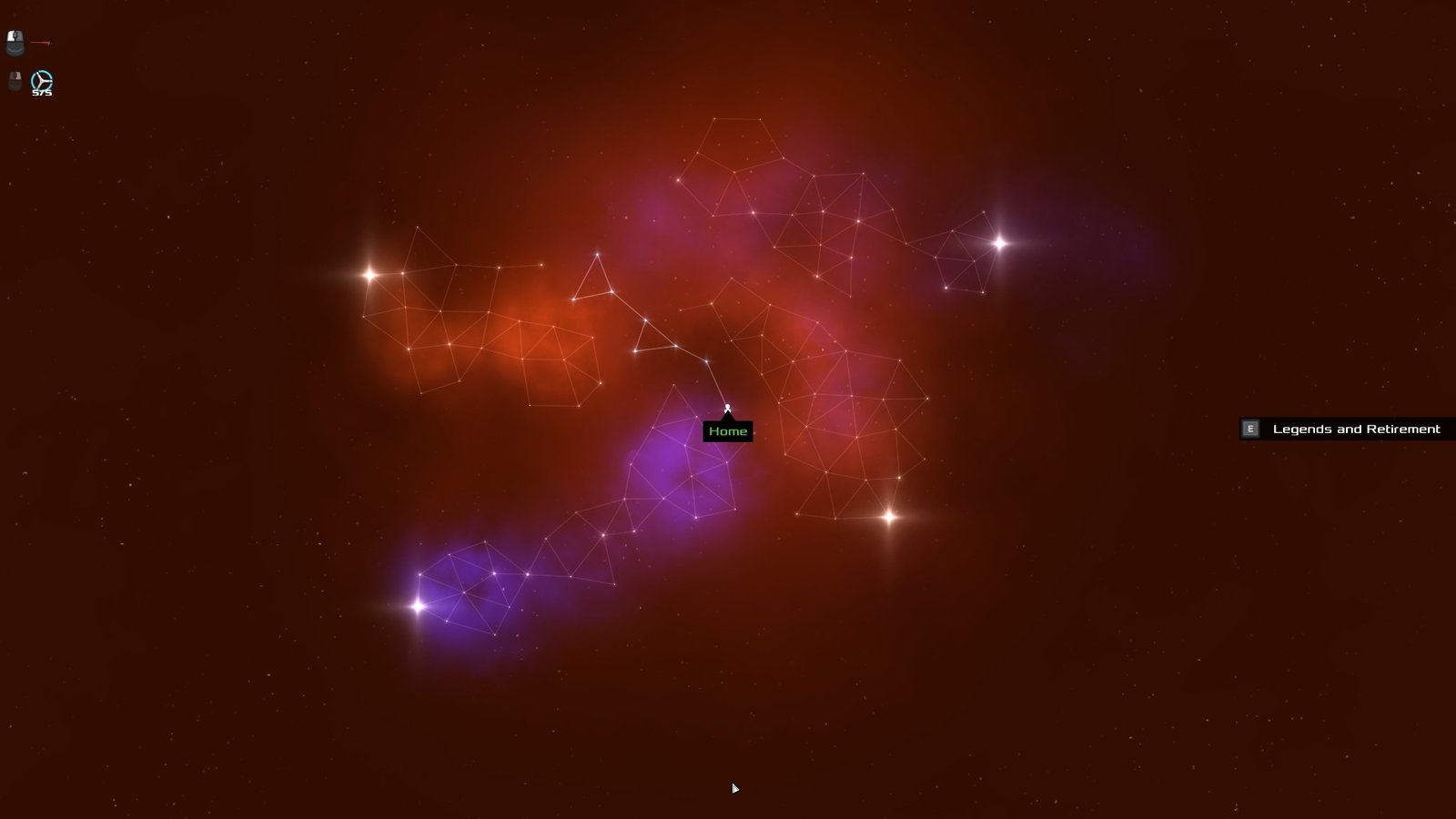Apologies for the lack of a preview article yesterday – life unfortunately overtook me and time slipped away. That extra time has allowed me to properly consider one of the major games to be revealed at the E3 show this year, namely Bioware’s next role-playing game Dragon Age. Having been in development for seemingly the last decade, many had assumed that it had fallen into the pit of never-to-be-released games, a rumour that Bioware have now quashed fairly assuredly.
Preview: Dragon Age
Due to being a relative latecomer to PC gaming, I never got to experience Bioware’s early Baldur’s Gate classics, regarded by most as a high point in computer role-playing. I came to the party with Neverwinter Nights, an ambitious RPG that attempted to meld the multiplayer, social aspects of pen & paper gaming with the graphics and immersion offered by a computer, in some ways foreshadowing the rise of the MMOG genre as embodied by World of Warcraft.
Bioware didn’t truly hook me until Knights of the Old Republic, a Star Wars RPG that outdid Lucas’ prequel films in every respect and succeeded in taking the RPG genre to the mainstream without sacrificing its integrity. Though the mechanics were simplified compared to their earliest efforts, KotOR nevertheless featured a gripping story and memorable characters. The follow-up Jade Empire followed almost exactly the same format, shifting the setting to a fantasy version of ancient China. Notably, Jade Empire continued Bioware’s seeming determination to move away from traditional RPG combat, instead opting for a reaction-based martial arts system. The recent Xbox 360 (and now PC) smash hit Mass Effect moved even further from the RPG roots, employing a shoot-’em-up approach clearly influenced by Gears of War.
Personally I loved this change of direction; it represented a willingness to innovate and take risks, to embrace the potential of computer role-playing and not be tied to the unnecessary shackles of pen & paper games. Artificial dice rolls and turn-based combat systems were invented out of necessity and should not automatically have a place in every computer role-playing game, which can provide a far deeper and more immersive level of simulation; which isn’t to say that Bioware have got it right yet, not by a long way.
Which, by a roundabout route, brings us finally to Dragon Age. Bioware have touted it as the computer role-playing game that people have been waiting for, by which they presumably meant a return to their roots.
[youtube=http://www.youtube.com/watch?v=4Q-jVM9fe8w]
Bioware appear to jettisoned much of their recent innovations – over-the-shoulder gameplay, direct, real-time combat, minimal and immersive interface – and instead pursued a very traditional, tactical design. We’ve got a relatively ‘busy’ interface, glowing circles underneath the player characters, large red markers to denote spell area effects and an apparently “your turn, my turn!” approach to combat animations. It all feels very reactionary, as if gaming has accidentally stepped through a portal and emerged in 2002.
Surprisingly, however, I’ve found myself really quite excited. Although I’ve embraced and thoroughly enjoyed the continuing (and not always successful) attempts from Bioware, Troika and Bethesda to strip out the old cliches of the genre and embrace modern computing potential, there’s a certain undeniable nostalgia for the good old days. Perhaps the RPG genre has shifted too far into action-adventure, abandoning a few too many of its core principles.
What Bioware really have the opportunity to do here is take all the lessons learned from their more ‘cinematic’ productions of recent years and meld it to a more traditional CRPG format, hopefully finding a balance that will result in something that feels like a genuine breakthrough rather than a step backwards. After all, my favourite RPG of recent years, The Witcher, also retained many CRPG staples while still managing to advance storytelling complexity. The brief gameplay video above no doubt provides an incomplete impression of the game; there may yet be subtleties and innovations beneath the apparently generic Neverwinter Nights/Dungeon Siege/World of Warcraft interface. Not to mention that the completed game will hopefully have less woefully awful voice acting.
Nevertheless, I can’t help but be slightly concerned about some of the overt nostalgia currently overtaking PC gaming, what with the forthcoming Starcraft 2 seemingly being almost identical to the first game and now Dragon Age aping Bioware’s classics of yesteryear. Most notable is the overwhelmingly positive reaction from gamers, who seem desperate to return to old genre restrictions rather than investigate new possibilities.
The real trick is to progress the medium as a whole without losing the magic that got us all into gaming in the first place. There are some days when I’m glad I’m not a game designer…





0 Comments